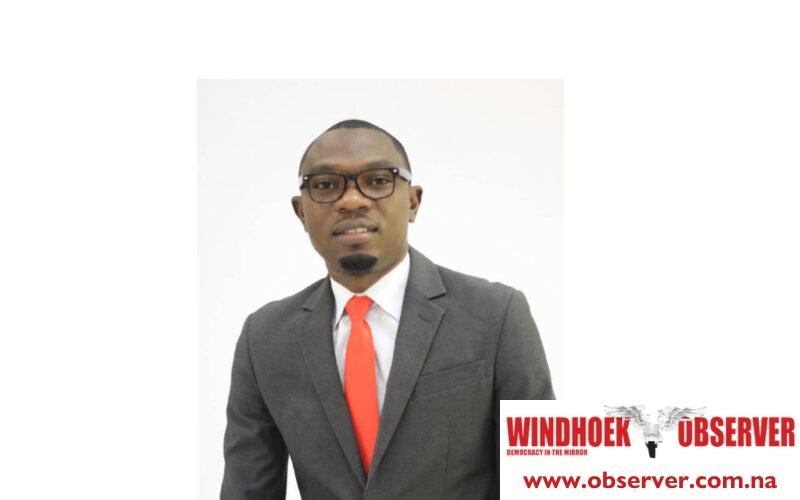24
Oct
Parliament recently revisited the long-delayed Mental Health Bill. The minister of Health and Social Services, Dr Esperance Luvindao, confirmed that the bill is in its final stages of review and will soon be resubmitted to legal drafters. This comes after years of delays in replacing the outdated Mental Health Act of 1973, a law that no longer reflects the realities of modern mental health care in Namibia. News outlets earlier in the week reported that employers would no longer be able to discriminate against mentally ill people; of course, that caused an uproar. While the discussion may seem technical or…




